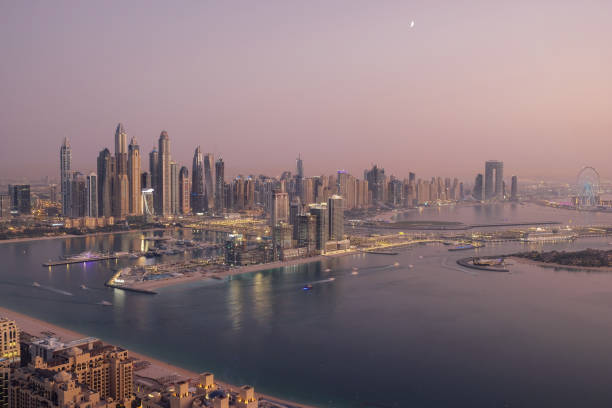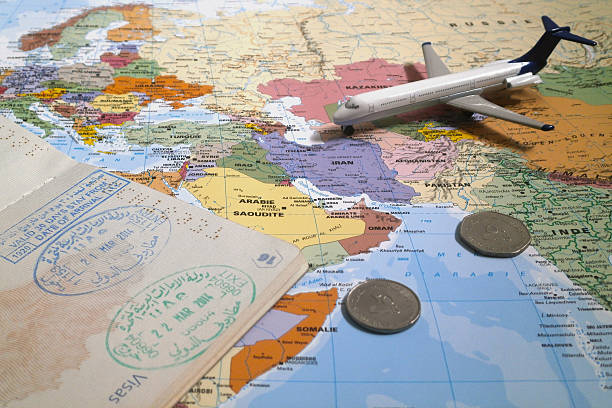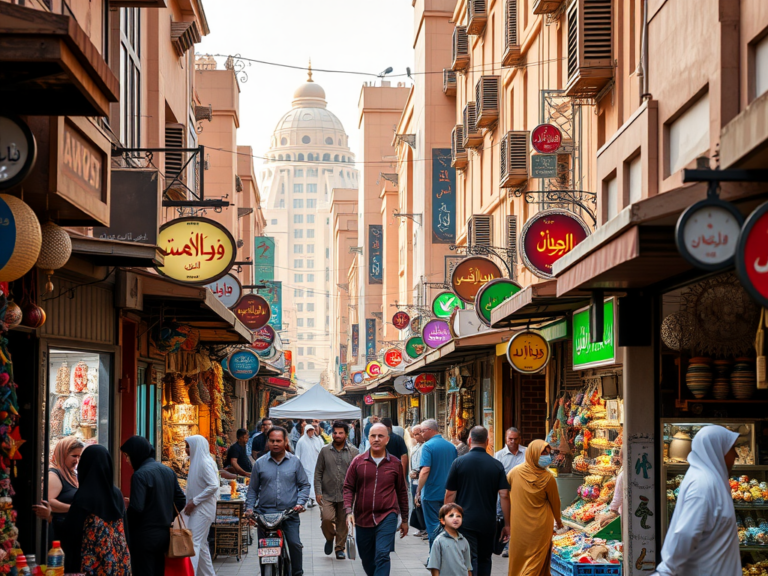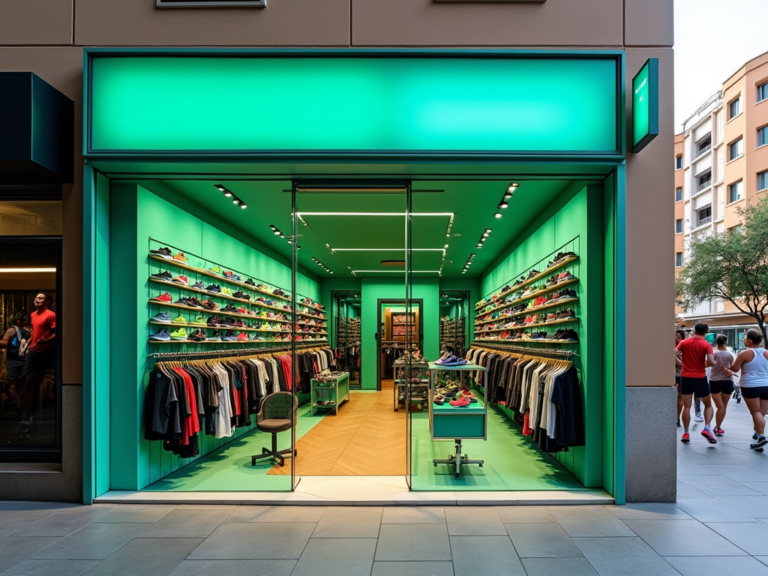Applying for a freelance visa in Dubai is a pivotal step for professionals looking to establish their careers in this vibrant market. The freelance visa allows individuals to work independently while enjoying the benefits of living in one of the world’s most dynamic cities. This article will delve into the essential requirements for obtaining a freelance visa in Dubai, covering everything from eligibility criteria and necessary documentation to the application process itself.
Understanding the Freelance Visa

What is a Freelance Visa?
A freelance visa is a legal document that permits individuals to work as independent contractors in Dubai. Unlike traditional employment visas, which bind individuals to a single employer, the freelance visa offers greater flexibility, allowing freelancers to pick and choose their clients. This type of visa is ideal for various professionals, including graphic designers, writers, consultants, and other skilled workers, emphasizing the easy adaptability of freelancing in the UAE’s diverse job market.
Benefits of Having a Freelance Visa
One of the most significant advantages of acquiring a freelance visa in Dubai is the freedom it grants to professionals. Freelancers can work on multiple projects for different clients simultaneously, which enables them to diversify their income streams. Additionally, the financial framework for freelancers in Dubai is quite favorable. Freelancers enjoy low taxation rates and may not be subject to income tax, making it an attractive location for independent workers. Furthermore, having a freelance visa promotes professional networking opportunities, allowing freelancers to connect with numerous businesses and potential clients.
Eligibility Criteria for a Freelance Visa

Nationality Requirements
The eligibility for a freelance visa varies based on the applicant’s nationality. Nationals from various countries, particularly those from GCC countries, Europe, the UK, the USA, and some Asian countries, are typically eligible. However, applicants from countries with geopolitical tensions or less favorable relations with the UAE may face stricter scrutiny. This can affect approval times and the overall application process, so it’s essential to understand these dynamics before applying.
Professional Qualifications
In addition to nationality requirements, professional qualifications play a crucial role in obtaining a freelance visa. Applicants must showcase relevant skills and experience in their fields of expertise. For instance, a freelancer in graphic design should provide a robust portfolio that demonstrates their artistic capabilities and previous work. Additionally, some areas may require specific certifications or licenses, especially in technical professions. This ensures that freelance workers maintain a standard of professionalism that aligns with UAE regulations.
Required Documentation for Application

Essential Documents
To apply for a freelance visa in Dubai, several mandatory documents are required. These typically include:
- A valid passport with a minimum validity of six months.
- Recent passport-sized photographs.
- Proof of residence in Dubai, such as a tenancy contract.
- Professional portfolio or CV showcasing relevant skills.
- A covering letter outlining your freelance work proposal and clients.
Having these documents prepared and organized is crucial for a smooth application process. Additionally, it’s wise to check if your specific freelance activity may require any additional paperwork.
Financial Requirements
Another key aspect of the freelance visa application involves financial stability. Applicants must demonstrate their capability to sustain themselves financially while living in Dubai. This is generally validated through bank statements showing a consistent income over several months. Furthermore, contracts with clients may also serve as proof of income and can significantly enhance the application’s credibility. Establishing financial viability is not just about showing adequate bank balance; it’s also a requisite to ensure freelancers can support themselves without relying on local welfare systems.
The Application Process
Step-by-Step Application Guide
The application process for a freelance visa can seem daunting, but following a clear step-by-step guide can simplify it. The typical steps include:
- Gather all required documentation listed above.
- Submit an application through a recognized free zone or online platform.
- Attend an interview or provide additional information if requested.
- Await the approval notification, which can take several weeks.
- Upon approval, complete any necessary medical tests and obtain insurance.
- Receive your freelance visa and UAE residency visa.
Following these steps diligently will increase your chances of a successful application. Familiarizing oneself with each phase ensures that no detail is overlooked, ultimately leading to a smoother process.
Processing Timeframes
The timeline for processing a freelance visa application can vary widely based on various factors, including the applicant’s nationality and the specific free zone involved. Typically, applicants can expect to wait anywhere from two weeks to a couple of months for final approval. During peak periods, such as right after holiday seasons, processing times may be longer. Being proactive by checking the status and communicating with the issuing authority can help keep track of the progress for applicants.
Concluision
In summary, applying for a freelance visa in Dubai encompasses several critical components, including understanding its benefits, fulfilling eligibility criteria, compiling necessary documentation, and navigating the application process adeptly. This visa serves as a gateway for many individuals looking to leverage the lucrative freelance market in Dubai, which is known for its robust economy and diverse industries. The ability to work independently offers freelancers the flexibility to choose projects that align with their skills and passions, ultimately leading to greater job satisfaction. Additionally, the tax framework in Dubai is highly favorable, allowing freelancers to retain more of their earnings compared to many other countries. As the freelance economy continues to grow, especially in a post-pandemic world, the opportunities for freelancers in Dubai are likely to expand even further. Therefore, ensuring that you meet all the requirements and present a strong application is key to successfully obtaining a freelance visa in this bustling metropolis.
Frequantly Asked Questions
Can I work in other emirates with a Dubai freelance visa?
Yes, your Dubai freelance visa allows you to work across all emirates in the UAE, as long as your clients or companies are registered in Dubai. The UAE government has streamlined regulations to facilitate smooth working across different emirates, making it convenient for freelancers who may work with clients in various locations.
Is there a minimum salary requirement for obtaining a freelance visa?
While there is no fixed salary requirement for a freelance visa, applicants must demonstrate financial stability, typically through bank statements or contracts. It is essential to show that you possess enough funds to support yourself while living in the UAE, ensuring that you won’t require external financial assistance.
How long is the freelance visa valid for once approved?
The freelance visa is generally valid for up to three years, after which it can be renewed. Renewing your visa involves demonstrating that you have been actively freelancing and maintaining the same financial stability that allowed you to obtain the visa initially.
Can I sponsor my family on a freelance visa?
Yes, you can sponsor your family if you meet the necessary income requirements and can provide proof of accommodation. This involves showcasing that your financial resources are sufficient to support your family’s living expenses in Dubai, adding an additional layer of consideration during the visa application process.
What types of jobs can I perform with a freelance visa?
A freelance visa allows you to work in various fields, including technology, design, consulting, and more, as long as your work complies with UAE regulations. Freelancers are encouraged to build a diverse portfolio of clients and projects that highlight their skills and expertise, aiding in both personal branding and potential job opportunities.
























